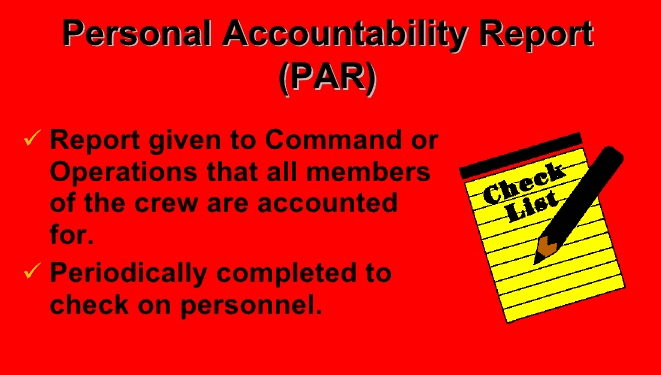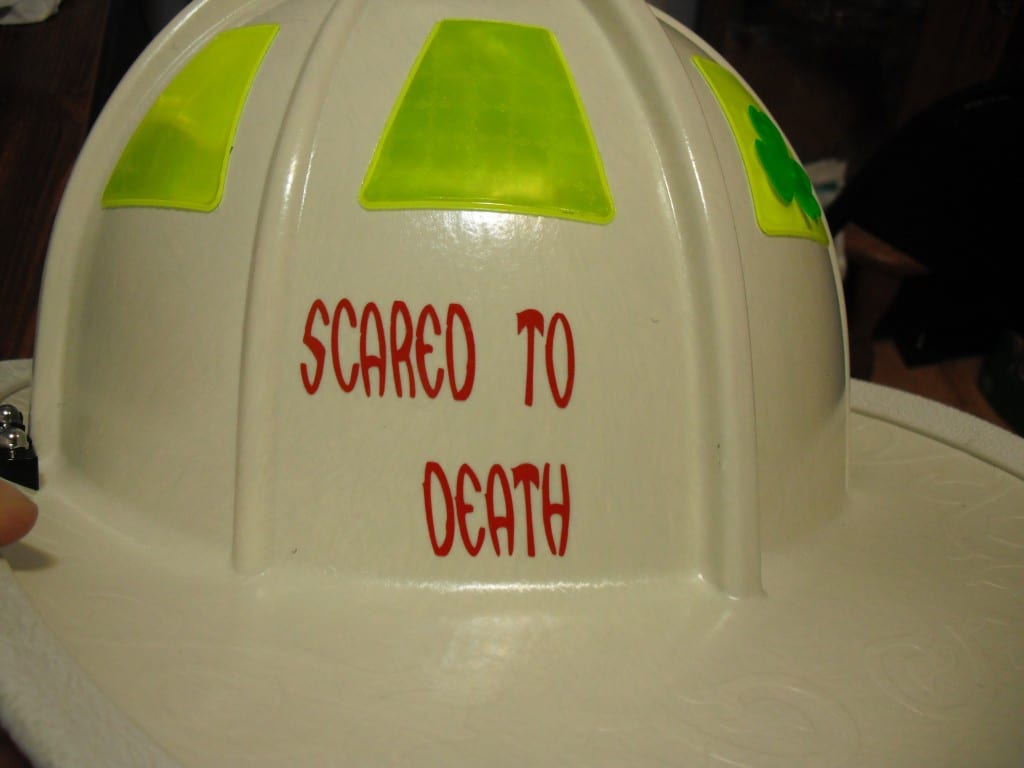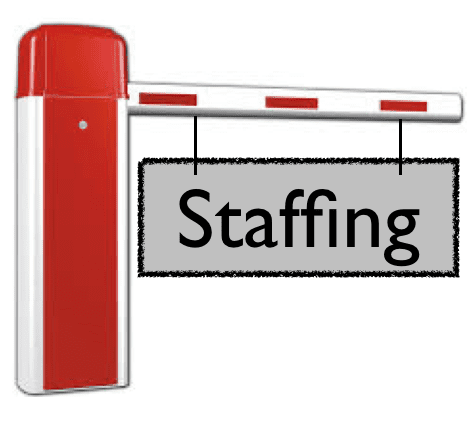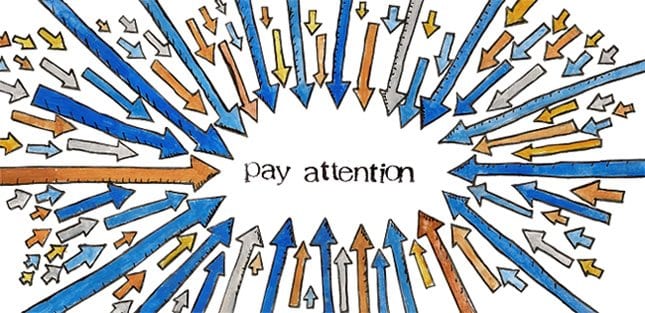A Walking PAR Can Improve Situational Awareness
Personnel Accountability Reports (PARs) are essential to helping commanders develop and maintain situational awareness. A quality PAR dials the commander into every crew’s size, their location and their progress. But the standard PAR has a fundamental flaw that can adversely impact the commander’s situational awareness. Here’s how…
A Walking PAR Can Improve Situational Awareness Read More »










